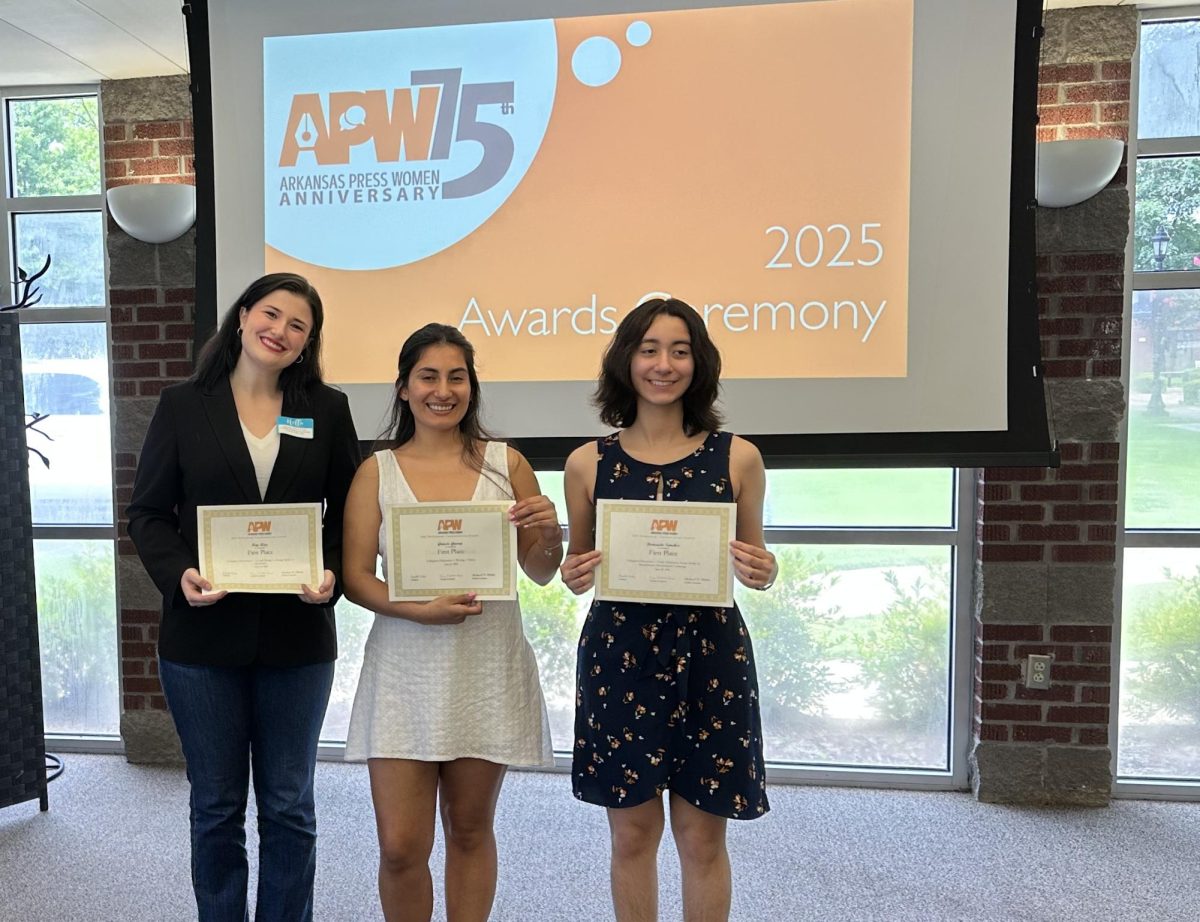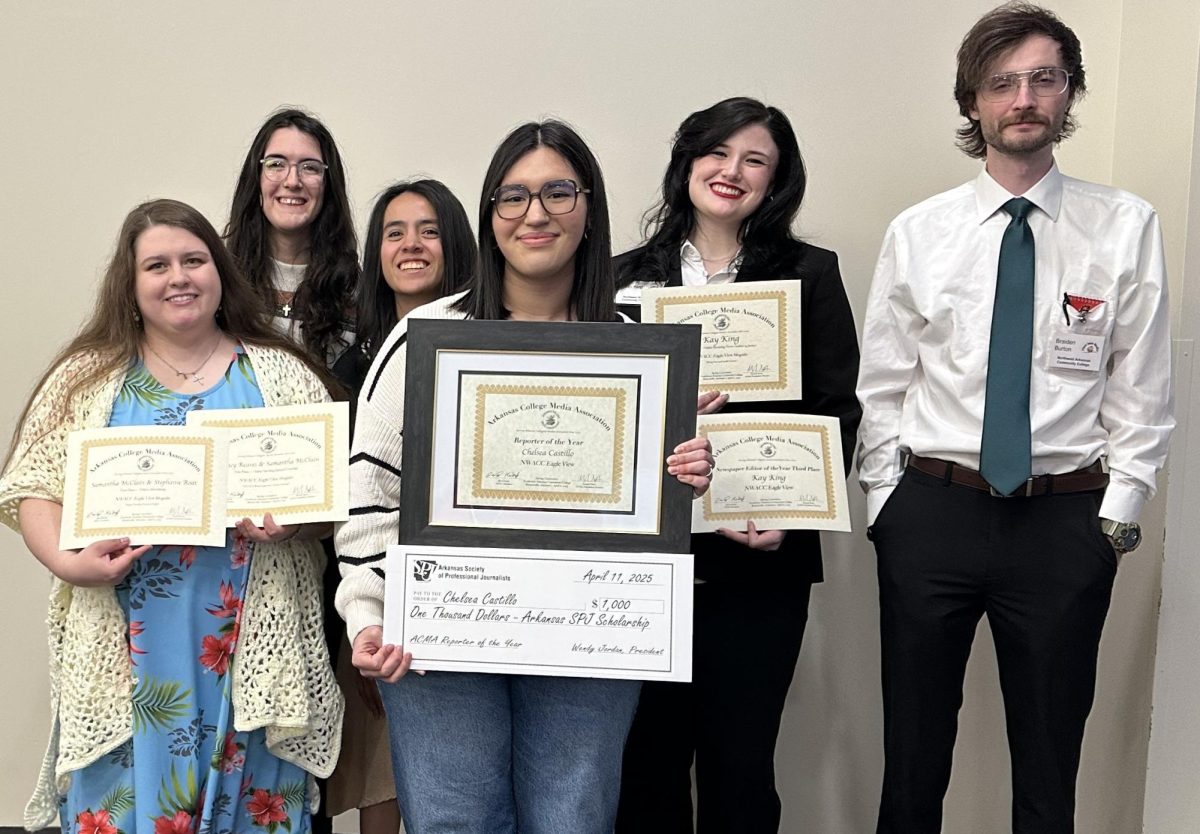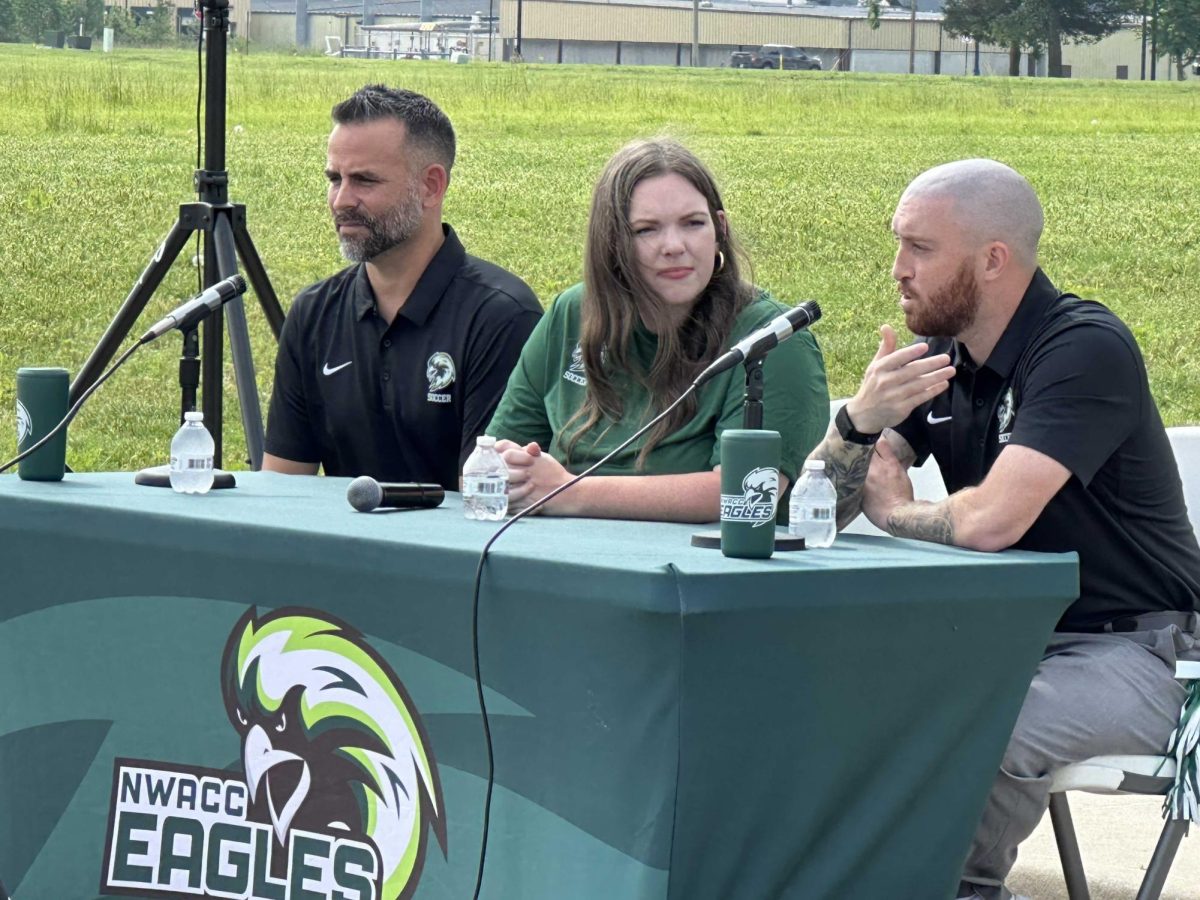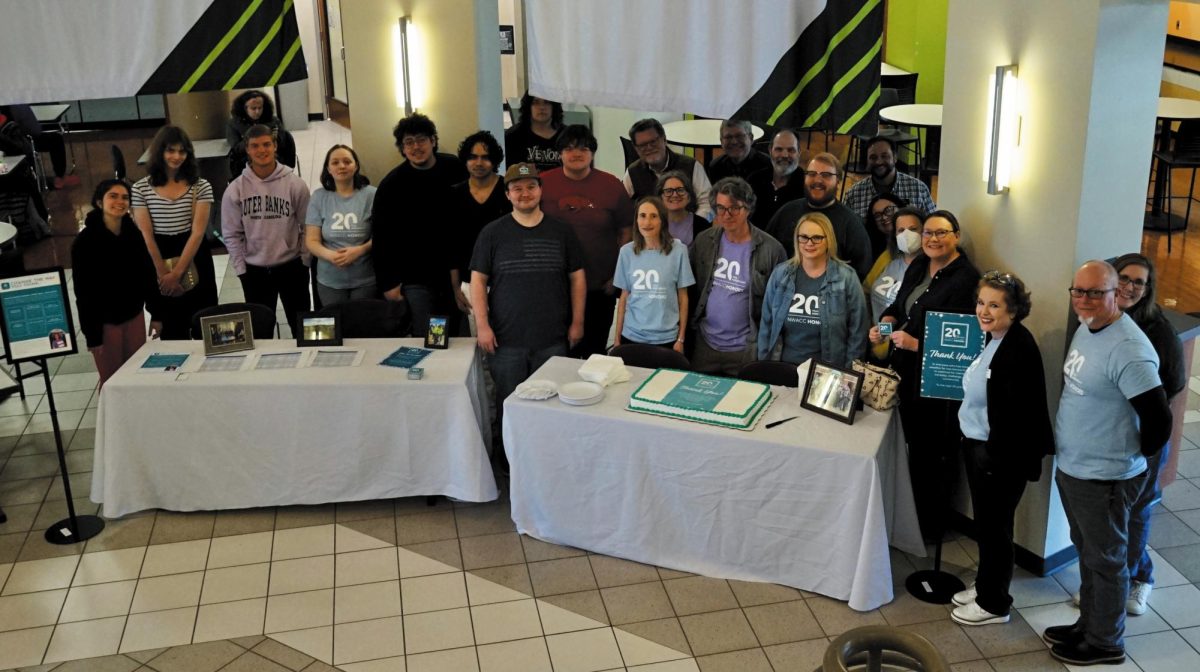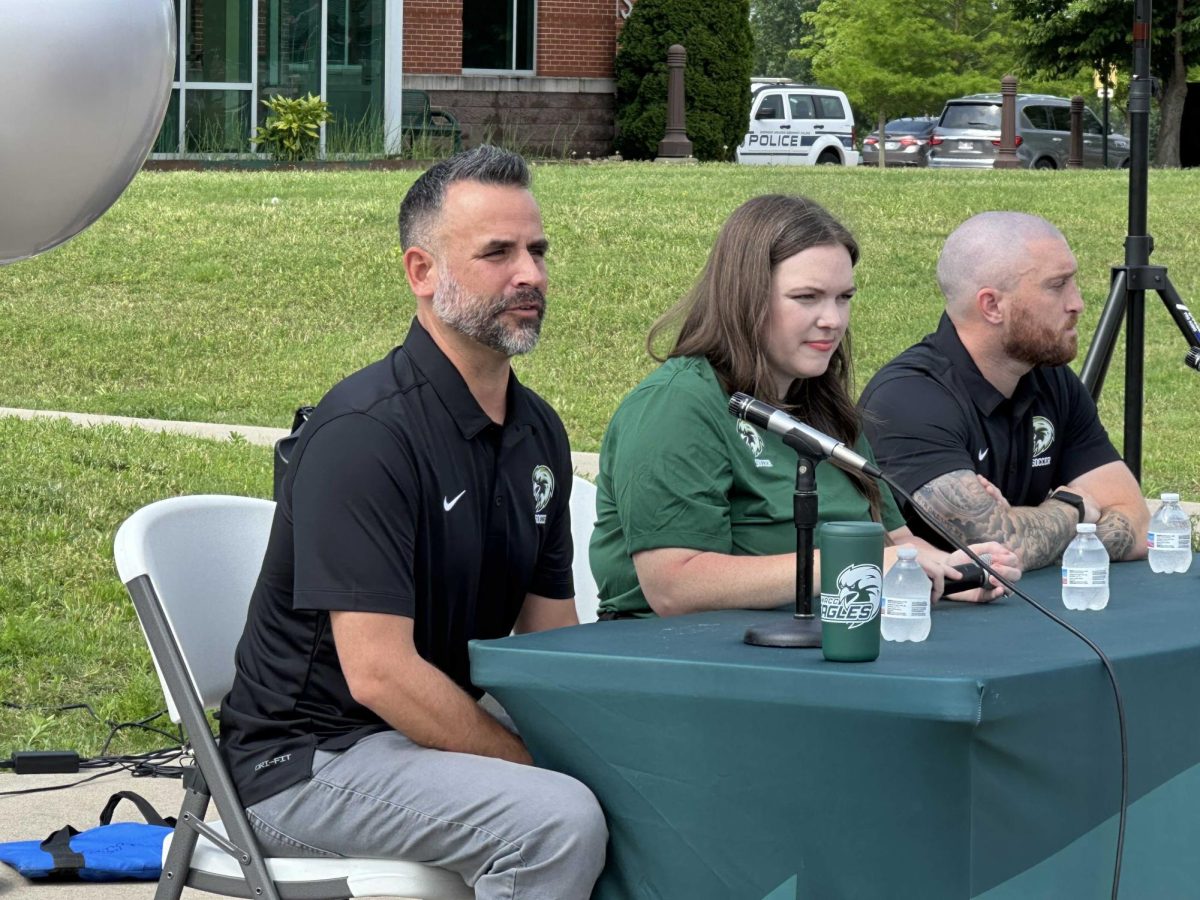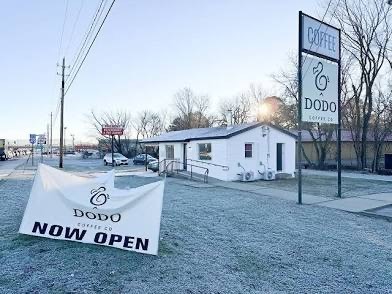Our values are what shape us. They create the foundation for choices we make, the connections we sustain, and shape the inevitable person we will become. Our values often lead us to the career path we chose, indicating what’s most important to us.
Health professions specifically require a strong commitment to personal values. With long hours and strenuous activity, the choice to step into the health field is no light task, but students are continuously answering the call. Occupations in the field are growing rapidly, even projected to grow faster than the average for all occupations from 2023 to 2033, according to the Bureau of Labor Statistics’ Occupational Outlook Handbook.
Events such as the Covid 19 pandemic, general employment growth, and those leaving the field either to retire or switch career paths are all causes for growing demand in health care. Those with a strong sense of justice and a knack for helping others are stepping up to fulfill both their personal and professional duties.
Lucas Mets, an EMT student at NWACC, talked about his core values and the instances that led him to pursuing this career path. When he was a child, his grandmother valued community and helping the neighborhood in any way she could. “She would take our neighbors food and do any tasks they might need before they could even ask for help,” Metz said.
This trickled into his own life. He said his biggest indicator for wanting to pursue an EMT certificate and eventually train to be a firefighter is his drive to help others.
When asked what values he thought are needed to pursue this field, he listed courage and bravery as the two most important. “I’ve grown up with the mindset of ‘If not me, then who?’” he says, “which I think has shaped my outlook in every aspect of life.”
Megan Hawley, who is in the physical therapy assistant program at NWACC, discussed the values she holds and why it brought her to the PTA program. “I’ve always wanted to have a career that involves human connection,” she said. “Physical therapy combines many of my personal interests such as health, fitness, and the anatomy and physiology of the human body, which allows me to help people become the best version of themselves.”
Hawley’s biggest challenge while trying to succeed in the accelerated program is one that many students find themselves facing: financial burdens. “Because this program is accelerated, it doesn’t leave much time for work.” Hawley contributes much of her drive and success to the help of others around her. “I have relied heavily on my husband to provide financially during this time, and we have had to budget, knowing that this is a temporary sacrifice for a long-term reward.”
The dean of Health Professions, Mark Wallenmeyer, discussed why some students may choose to join health professions. “We all have a ‘reason’ that we got into healthcare,” he said. “For some, it may be a family member that went through a rough time and the student witnessed– let’s say a nurse and the care they gave. They want to emulate that experience and give the same care.”
He emphasized the importance of strong values and their role in the healthcare field. He states that honesty, ethics and compassion are highly regarded when it comes to caretaking and patient confidentiality. “To be in healthcare you have to be 100% honest with everything you do,” Wallenmeyer said.
These values can help students have a smooth transition into their chosen career. “Ethics because we have to abide by these laws and all national certifying boards have ethics clauses in them. If you do something that is unethical, you can lose your license for a period of time or forever. It is just best to be honest and ethical and do the right thing.” Compassion, the value that most students attribute their interest in the health field to is arguably the most encompassing. Wallenmeyer said, “Compassion because healthcare is very taxing emotionally. You will have ups and downs, and you build a relationship with a lot of your patients. We see them over and over and we see their progression in health. It takes a lot of compassion to be in healthcare.”
Whether you’re training to be a first responder in the face of chaos, or fixing the aftermath of someone’s hardships, there is a lot that goes into getting ready for a job in the health field. NWACC specifically has high standards when preparing their students to join the workforce.
Wallenmeyer said “NWACC is truly a leader in the state in healthcare,” with 10 to 20 percent of students averaging higher first-time pass rates on certification exams in comparison to state and national averages. “Additionally,” he said, “ninety-five% of the students who graduate from NWACC stay in this area. So, we are providing a needed workforce for Northwest Arkansas.” With the growing rate of population in Northwest Arkansas, a larger amount of healthcare workers is tremendously useful. “My hope for the future is to listen to industry needs and hopefully provide what the healthcare industry needs for this area,” Wallenmeyer says.

